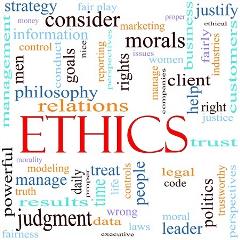The UK Code of Conduct for Alternative Litigation Financing

As the alternative litigation finance industry takes shape here in the United States, many of its critics are calling for regulation of the industry. Opponents of third party funding, most notably the U.S. Chamber of Commerce , propel their agendas against litigation funding by fueling fears that it will encourage frivolous litigation. Among the criticisms leveled at litigation funding is the assertion that this unregulated industry will act purely for its own benefit and engage in acts that fly in the face of all we know as legal and ethical.
Although Bentham IMF believes the U.S. Chamber of Commerce’s wholesale condemnation of the litigation funding industry is unfounded, Bentham recognizes that select unethical players in an open market may, theoretically, seek to reap maximum profit alone – to the detriment of claimants as well as the funding industry. Thus, Bentham has taken a proactive approach to the Chamber’s criticism and released a Code of Best Practices modeled after the 2011 Association of Litigation Funders of England and Wales’ Code of Conduct (the “ALF Code”).
The ALF recently amended its Code of Conduct in January 2014. Of particular significance is the extension of the definition on who is deemed to be a “funder.” A funder under the ALF Code of Conduct now extends to a funder’s subsidiaries and “associated entities” (i.e., those entities to which a funder acts as an investment adviser). A funder is deemed responsible for its subsidiaries and associated entities’ compliance with the ALF Code of Conduct. Also, the ALF now requires that funder maintain minimum capital of £2m and be subject to annual audits by national or international auditing firms.
While the US alternative litigation finance industry begins to take shape and gain its own personality, it remains to be seen whether the individual commercial litigation funders will form an association and adopt a Conduct of Conduct similar to the ALF Code or a Code of Best Practices similar to Bentham’s. Whatever the name, Bentham believes the adoption of a guiding principles would help assure claimholders, lawyers, and the courts of the solidarity and moral compass of a U.S. association of commercial litigation funders.